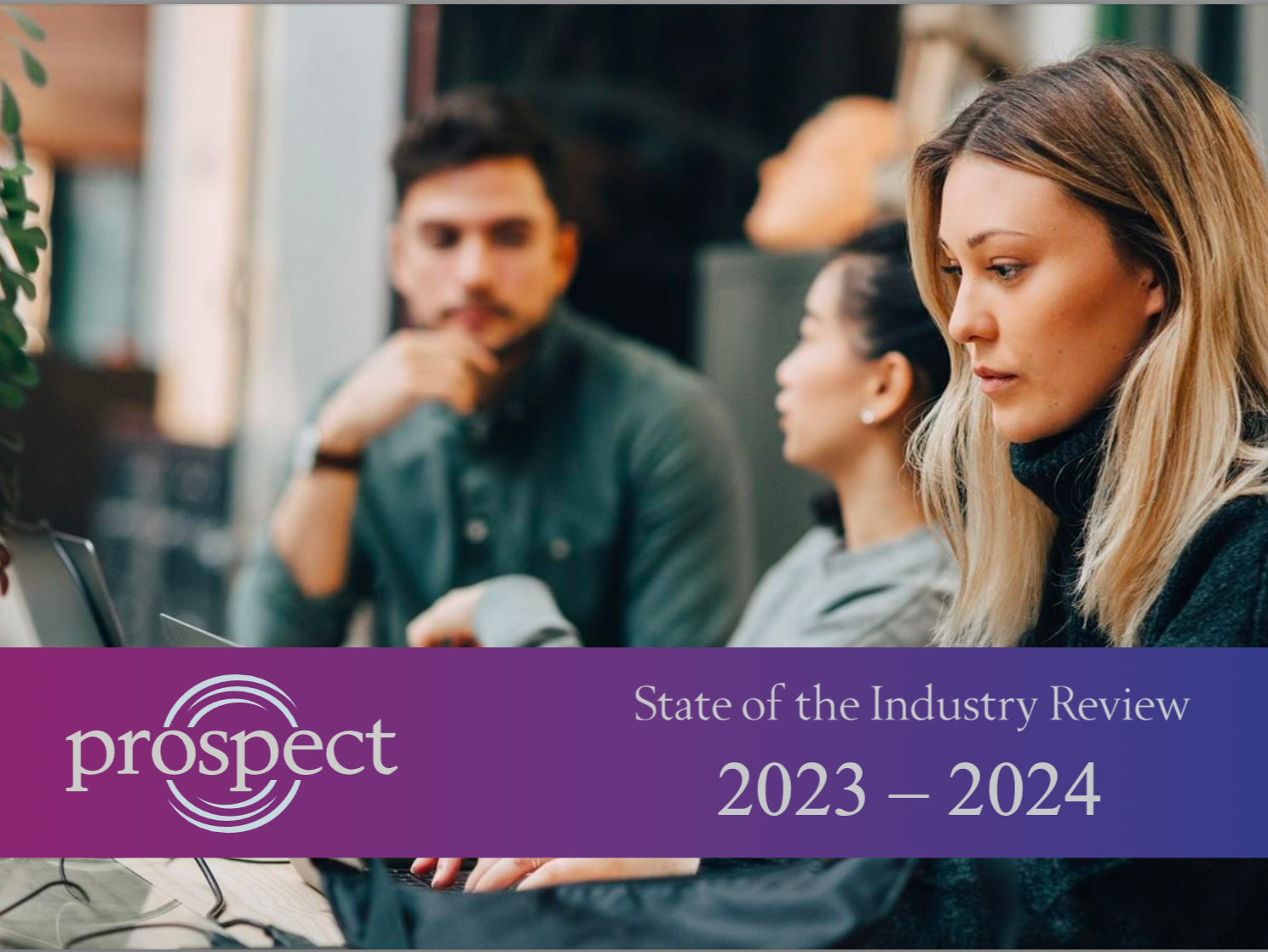Asiya Bakht 21 May 2024 // 11:13AM GMT

SINGAPORE — Flexibility at work has risen to become one of the most important criteria for employees in the PR industry. While primarily seen as a Covid phenomenon, the idea of work-life balance is not only here to stay but also gaining importance amongst employees.
The State of the Industry Review, released by specialist global talent consultancy Prospect, has found that while flexibility at work was ranked third last year, it has risen as a top consideration amongst employees this year, on par with pay and benefits. In the UK, hybrid working, and work-life balance are either equal to, or more important than pay, while in Asia, flexibility is a close second to pay and benefits.
In its 13th year, this year’s Prospect State of the Industry review gathered responses from more than 800 communications practitioners in Singapore, Hong Kong and the UK. The review targeted at the PR and communications industry seeks to capture key trends around talent attraction, remuneration, DEI, sustainability and M&A.
An interesting finding of the review was that the salary pressures on agencies triggered by a post-Covid growth spurt is subsiding with the recruitment becoming more employer-led. This is a result of the market settling down after rounds of redundancies, giving agencies enough freedom to consider recruitment models that are suitable for them.
Considering the job market, it’s not surprising then compared to last year, most respondents intend to stay with their current employers.
A stronger sense of purpose has also surfaced as a key motivator for many in the industry, resulting in increased interest in job scopes relating to climate change mitigation, sustainability, positive social change, charities or ‘public good’. On the opposite side of the coin, some hiring managers reported losing employees who had felt uncomfortable with some of the client choices made by their agency employers.
On the DEI front, while organisations have been embracing the DEI agenda with agencies placing it at the forefront of their recruitment practices, progress seems to be slow with data showing limited change amongst senior levels of the industry.
The introduction of actions like anonymised CVs, targeting non-traditional recruitment routes, embracing social purpose organisations focussed on the candidates from disadvantaged backgrounds, increasing flexible working to accommodate career change, however, has led to a positive momentum.
When it comes to AI, survey participants in both Asia and the UK reported engagement with AI in their day-to-day work, with most in the test-and-learn phase with a focus on training, establishing operating rules and with modest adoption across their businesses. Some regard it as a tool to enable consultancies to better serve clients and reduce operating costs with an expectation that their agencies will flourish. Others regard it as a stepping stone to the end of the generalist consultant and to consultancies that major on tactical execution over specialist expertise.
Emma Dale, co-founder and managing director, Prospect (Asia) said: “Amidst the challenges of increased redundancies, organisational restructures, and budget constraints witnessed throughout 2023 and 2024, the rapid advancement of AI has transformed the role of communications professionals into a truly advisory function. This evolution has rendered the field more captivating and dynamic than ever before, offering exciting opportunities for those engaged in the industry.”
The review also shed light on sustainability consulting, an expertise which is fast moving to central stage in communications with the shift driven by companies, consumers and governments each having compelling reasons for pushing the agenda. The review recognised that while some communicators have gained expertise in sustainability, there is also a danger of amateurs incorrectly guiding the clients. It also highlighted the need for communicators to understand that their expertise is in communicating sustainability and not in sustainability.



































.jpg)















